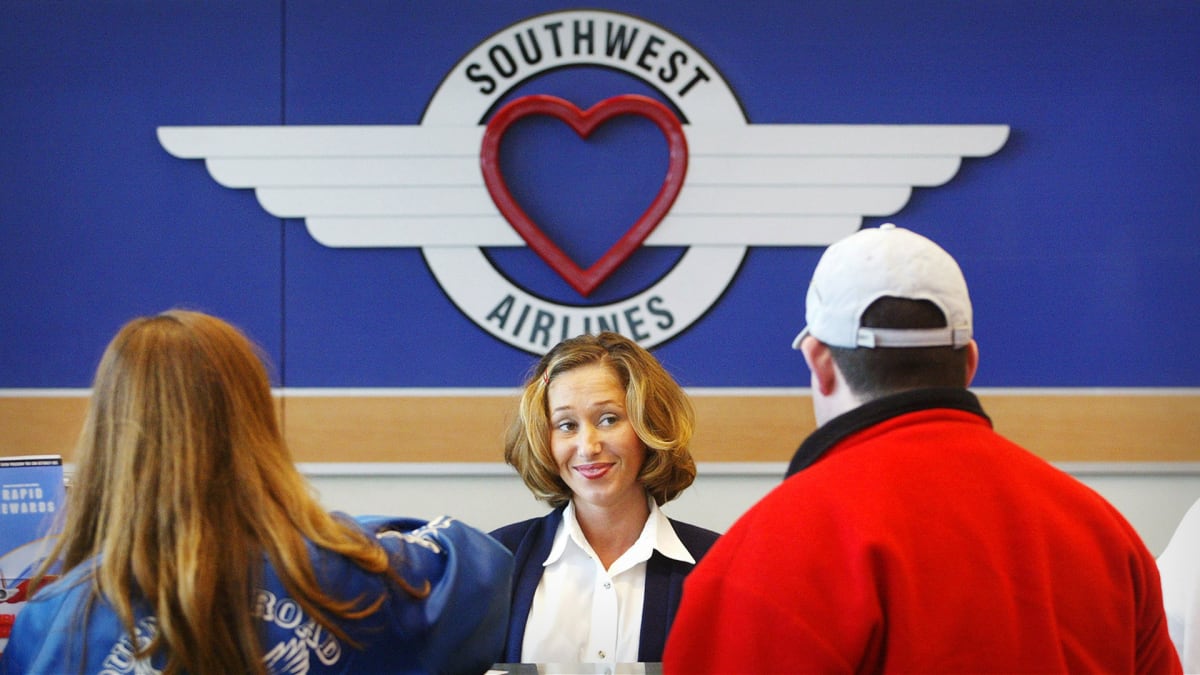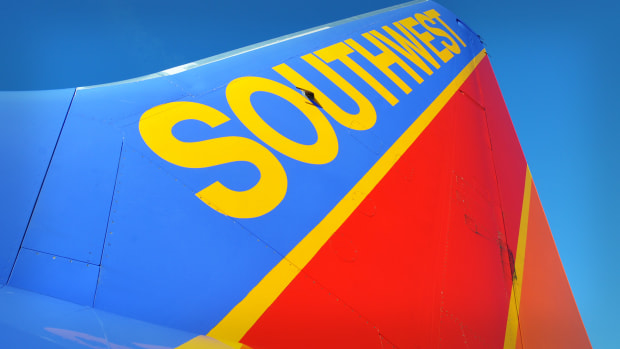
You might say there’s a decent chance you'll be flying to visit family members some time before the end of the year. And you’re probably already dreading it.
Consider all the rude customer behavior, increases in lost luggage and with such an increase in delays and cancellations this year Secretary of Transportation Pete Buttigieg has publicly called the airline industry out with demands. Among the measures, they must begin providing meal and hotel vouchers to guests whose flights have been canceled or greatly delayed.
Plenty of reasons have resulted in the frustrating state of airline travel right now. Covid infections haven’t really gone away, and have been on a slight uptick of late, which causes more pilots and crew members to call in sick. Climate-change induced weather disruptions continue to cause more flight delays and cancellations.
But it could be argued that the main reason why so many delays and cancellations occur is that the airlines don't have enough pilots. And in a recent interview with CNBC, Southwest (LUV) CEO Bob Jordan admitted that is not going to change in the immediate future.
Why Aren’t There Enough Pilots?
So why aren’t there enough pilots? Well, it’s the same reason, more or less, why inflation is so heavy right now: covid.
As a condition of accepting $54 billion in taxpayer aid to make it through the covid-19 pandemic, airlines were not able to lay off any workers. But many pilots took the opportunity to retire early or take a buyout.
Rep. Carolyn Maloney, D-N.Y., chairwoman of the House Committee on Oversight and Reform, and James Clyburn, D-S.C., chairman of the Select Subcommittee on the Coronavirus Crisis, have asked the Treasury Department’s watchdog to review how airlines used the aid and whether it was used for buyouts or staff reductions.
But whether or not the industry encouraged people to retire early in order to help its bottom line, the fact of the matter is that once covid vaccines were available, people began traveling again, first hesitantly, then enthusiastically. But there weren’t enough pilots to keep up with the demand
In an investors call from this summer, CEO Bob Jordan said that while "we are currently expecting to be profitable for Q3 and Q4 and for the full year 2022,” it’s been difficult for the company to recruit and train a new generation of pilots, as more than 640 pilots retired during the pandemic, and there’s not enough experienced hands around to train people.
They’re not alone in this regard, as American Airlines has also admitted its been difficult to gets its training program on its feet.

Shutterstock
Pilot Shortage Is Increasing Price
When demand is high and supply limited, prices tend to go up. So while it may be frustrating that in a recent interview with CNBC that Jordan admitted “It's really pilots,” and that in the fourth quarter, he said, the airline is "looking for up revenues again on even down capacity."
So if the pilot shortage is leading to an increase in prices, it’s not exactly news that should come as a shock.
That said, he pledged that the company is working on it. "We are short of pilots to fly all our aircraft," he said. "Our classes are full, we are getting pilots, we're getting great pilots, but our training centers are full.”
He added that "if we had all the pilots we needed," said Jordan, "We could probably fly 5% to 8% more ASMs (available seat miles)."
But these things take time, and he doesn’t expect things to pick up until late night year.
While Jordan has told investors the company is doing what it can to get more pilots, recently Southwest employees have been picketing, in order to call attention to their claims that the company is not spending enough money to support its employees, and in the process, hurting the company’s reputation for first-class customer service.
Southwest Airlines Pilots Association Casey Murray said in a recent podcast interview with the airline went from "a company that supported its employees to a company supported by its employees,” and that it had "no real vision, no real motivation."
Murray added that about 75% of Southwest's employees currently have contracts under negotiation. "They're responsible for producing the revenue," he said. But according to him, executives pay themselves hefty bonuses and hold parties to celebrate record profits, rather than investing in employees.







